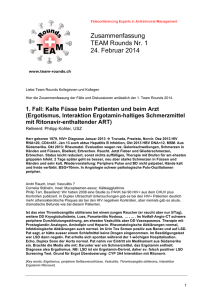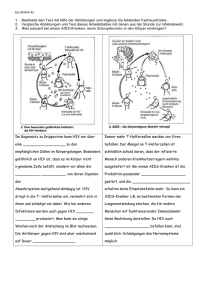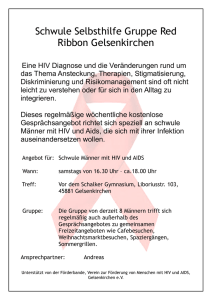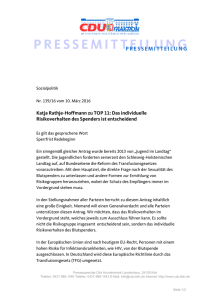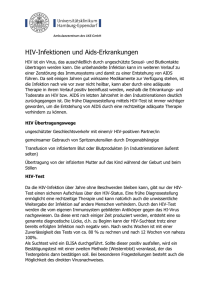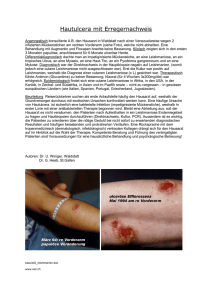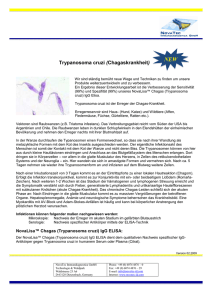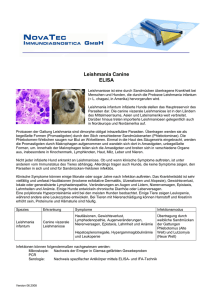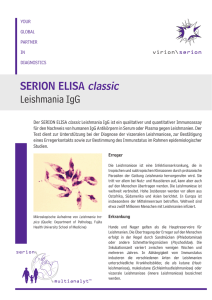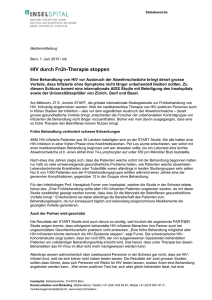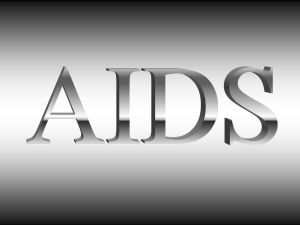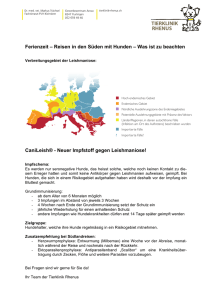Fieber und Kachexie bei einem Touristen aus
Werbung
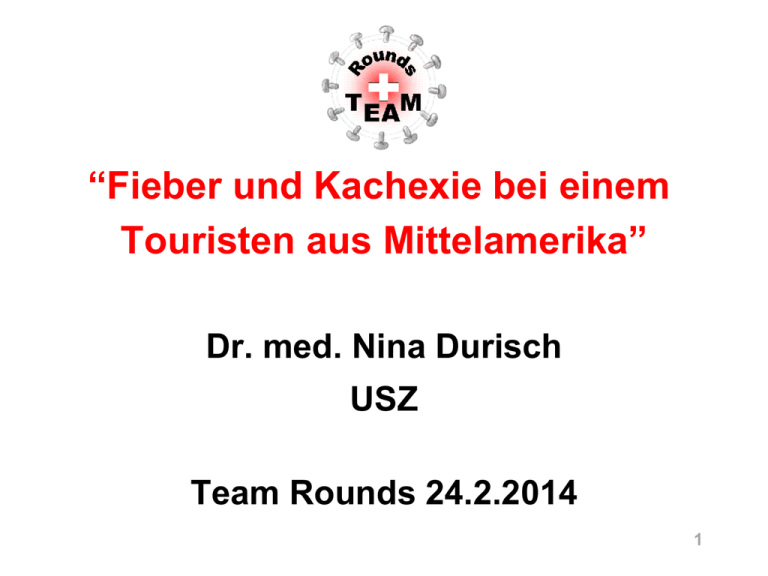
“Fieber und Kachexie bei einem Touristen aus Mittelamerika” Dr. med. Nina Durisch USZ Team Rounds 24.2.2014 1 Fall 2 : Herr X.Y. 30 J Jetziges Leiden (15.01.2014) : § Notfallmässige Vorstellung bei Fieber, AZ Verschlechterung, epigastrischen Schmerzen seit 10 Tagen, Erbrechen, und weichen Stühlen seit 2-3 Tagen Vorgeschichte (06/13) : § Hospitalisation in Mittelamerika mit ähnlicher Symptomatik § Ausführliche Abklärungen inklusive KM – Punktion § HIV Infektion CDC Stadium unbekannt , letzte erinnerliche CD4 Zahl 140/ul > Therapiebeginn mit Atripla (Tenofovir/ Emtricitabin/Efavirenz) § Ausschluss einer aktiven Tuberkulose 2 Fall 2 : Herr X.Y. 30 J Sozialanamnese § Aus Honduras, Krankenpfleger, alleinstehend § In der CH Tourist Status § reduzierter Allgemeinzustand, kachektischer EZ (BMI 17.7kg/m2), § BD 96/50mmHg; P 136/min, Temp 39°C § ikterisch, palpatorisch Splenomegalie 3 Labor bei Eintritt Hämatologie Chemie § Hb 56g/l § Na 127 mmol/l § MCV 85 fl § Kreatinin 50 umol/l § MCH 28pg § Albumin 26 g/l § Retikulozyten 32 g/l § LDH 267 U/l § Tc 36g/l § AST 23 U/l § Lc 0.89 G/l § ALT 9U/l § Neutro 0.55 G/l § GGT 156 U/l § CRP 56 mg/l § PCT 1.14 mg/l 4 Röntgen Thorax bei Eintritt 5 CT Abdomen bei Eintritt 6 Weitere Abklärungen § Viren § HIV HIV RNA<20; CD4 50/ul (37%) § virale Hepatitiden negativ § Dengue Fieber IgM/IgG neg § CMV (EDTA Blut) PCR negativ § CMV IgM neg, IgG pos § Bakterien § Repetitive Blutkulturen negativ 7 Weitere Abklärungen § Mykobakterien § Tuberkulose Sputum: keine säurefesten Stäbchen BK ausstehend § Atypische Mykobakterien BK ausstehend § Parasiten § Malaria Dicker Tropfen 3x neg § Toxoplasmose IgM neg, IgG pos § Leishmaniose ausstehend 8 KM – Punktion 17.1.14 ? 9 Diagnosen 1. Viszerale Leishmaniose ED 17.01.2014 § KM 17.01.2014: zytologisch Nachweis von Leishmania Protozoen § Panzytopenie, Hepatosplenomegalie, Lymphadenopathie 2. HIV- Infektion CDC- Stadium C 3 ED 06/2013 § anamnestisch Status nach Toxoretinitis (IgG/IgA positiv, IgM negativ am 16.10.2014) § aktuell hochgradiger Vd. a. Toxoretinitisreaktivierung 10 Therapie § Ad HIV: Atripla weiter Bactrim forte prophylaktisch § Ad SIRS: Tazobac empirisch § Ad Leishmaniose: Liposomales Amphothericin B 3mg/kgKG/d § Ad Toxo Retinitis: Sulfadiazin/Pyrimethamin/Leukovorin 11 Weitere Diagnostik Leishmaniose 12 Weitere Diagnostik 13 und dann… 14 DD Intrazelluläre Erreger bei fortgeschrittener HIV-Infektion § Leishmania sp § Histoplasmosa capsulatum § Penicillium marneffei § Toxoplasmosa gondii § Trypanosoma cruzi § Microsporidien § Cryptosporidien, Isospora belli, Sarcocystis spp. (mehrheitlich in Darmwand lokalisiert) 15 Histoplasma capsulatum Quelle: Dr. med. J. Goede, Labor Hämatologie 16 Leishmania sp. Quelle: H. Kuster, Labor Infektiologie USZ 17 Penicillium marneffei 18 Trypanosoma cruzi (Amastigot) Trypanosoma cruzi (Trypomastigot) Quelle: H. Kuster, Labor Infektiologie USZ 19 Therapie Histoplasmose bei HIV § Disseminierte Histoplasmose Leishmaniose bei HIV § Liposomales Amphotericin B (AmBisome) § 5-wertige Antimonverbindungen § Miltefosin § Schwere Verläufe: liposomales Ampho B (AmBisome) § Itraconazol § Suppressionstherapie § Bis CD4 > 150/ul und VL < 400 bzw. min 1 Jahr Medicine (Baltimore) 2014 Jan;93(1): Histoplasmosis in patients with human immunodeficiency virus/acquired immunodeficiency syndrome (HIV/ AIDS): multicenter study of outcomes and factors associated with relapse. Sekundärprophylaxe solange Immunsupprimiert Clin Microbiol Infect. 2014 Jan 23. doi: 10.1111/1469-0691.12556. [Epub ahead of print] Leishmaniasis in immunosuppressed individuals. van Griensven J, Carrillo E, Lopez-Vélez R, Lynen L, Moreno J Kaplan JE, Benson C, Holmes KH, Brooks JT, Pau A, Masur H. Guidelines for prevention and treatment of opportunistic infections in HIVinfected adults and adolescents: recommendations from CDC, the National Institutes of Health, and the HIV Medicine Association of the Infectious Diseases Society of America. MMWR Recomm Rep 2009; 58(RR-4):1–207; quiz CE1–4. 20 Diagnosis: Reactivation of visceral leishmaniasis in the setting of AIDS. 21 Vielen Dank für die Aufmerksamkeit 22
